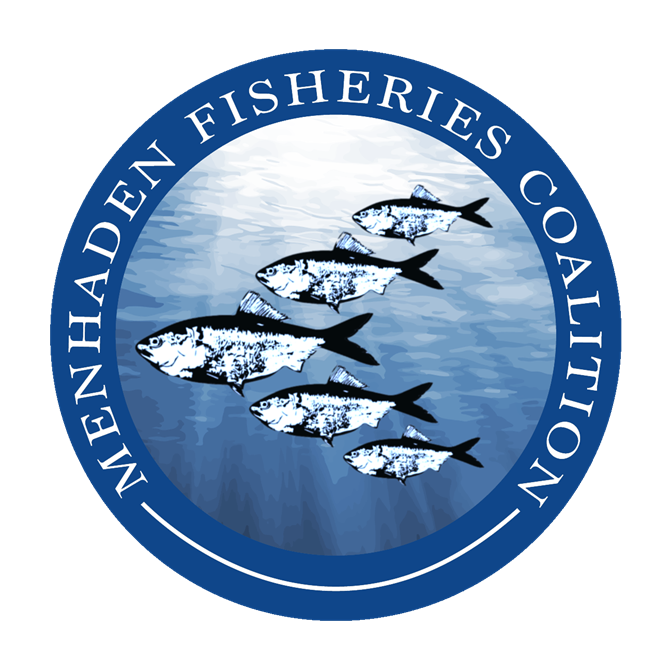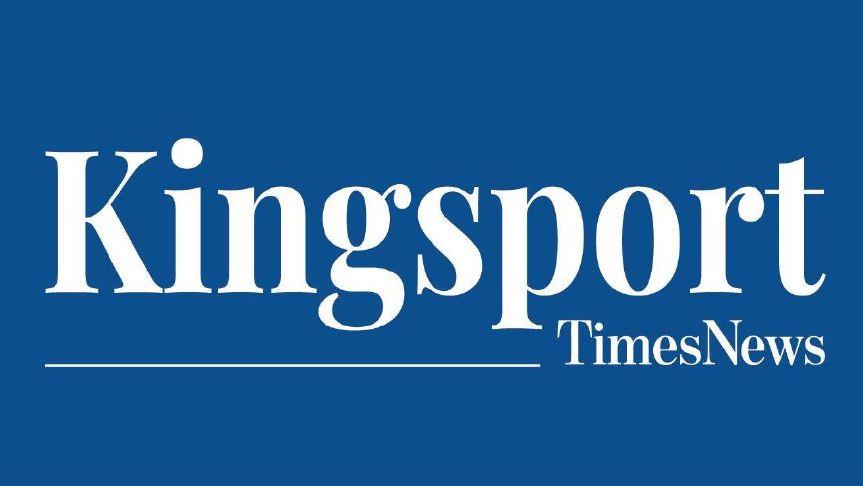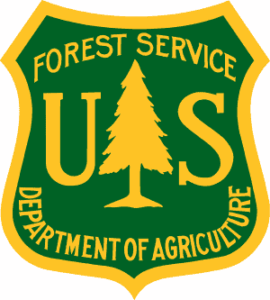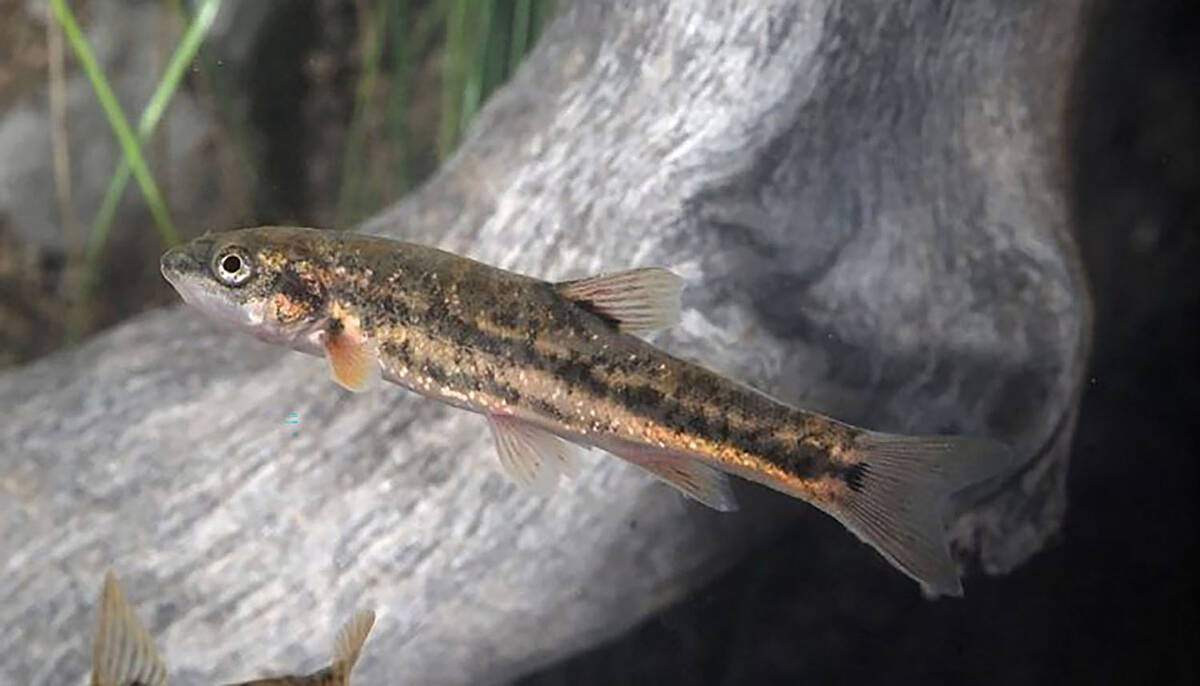Menhaden Fisheries Coalition Applauds Science-Based Review of Chesapeake Bay Menhaden Harvest Cap – Seafoodnews

Report on Scientific Review of Chesapeake Bay Menhaden Fishery Management and Alignment with Sustainable Development Goals
Introduction: Advancing Science-Based Fishery Management
The Menhaden Fisheries Coalition has announced its support for a new research initiative funded by the Science Center for Marine Fisheries (SCEMFIS). This project is tasked with developing a comprehensive research roadmap for the Atlantic menhaden stock within the Chesapeake Bay. The initiative represents a significant shift towards management practices grounded in scientific evidence, addressing long-standing concerns that the current menhaden harvest cap is based on political compromise rather than biological justification. This transition is critical for aligning the fishery’s management with international sustainability frameworks.
Core Alignment with SDG 14: Life Below Water
The primary objective of this initiative directly supports the achievement of Sustainable Development Goal 14, which aims to conserve and sustainably use the oceans, seas, and marine resources. The project’s focus on scientific assessment addresses several key targets within this goal.
- Target 14.4 (Effective Regulation and Science-Based Management): For nearly two decades, the Chesapeake Bay menhaden harvest cap has operated without a clear biological basis, a situation this new research aims to rectify. By seeking to implement science-based management plans, the initiative works to end harvesting practices that are not scientifically validated and ensure the long-term viability of the menhaden population.
- Target 14.a (Increase Scientific Knowledge): The SCEMFIS project is a direct investment in increasing scientific knowledge and research capacity. The development of a research roadmap will provide the necessary data and analysis to improve the understanding and health of the Chesapeake Bay ecosystem.
- Target 14.2 (Sustainable Management of Marine Ecosystems): As a crucial forage species, the health of the menhaden stock is fundamental to the broader health of the Chesapeake Bay marine ecosystem. A scientifically determined harvest limit is essential for protecting and sustainably managing this vital coastal environment.
Broader Implications for Sustainable Development
Beyond SDG 14, this move toward evidence-based fishery management contributes to a wider range of global sustainability objectives.
- SDG 17 (Partnerships for the Goals): The collaboration between the Menhaden Fisheries Coalition and the scientific community at SCEMFIS exemplifies a multi-stakeholder partnership dedicated to achieving sustainable development.
- SDG 12 (Responsible Consumption and Production): Ensuring the menhaden fishery is managed sustainably is a core component of establishing responsible production patterns for marine-derived products, including fish oil and fishmeal.
- SDG 2 (Zero Hunger) & SDG 8 (Decent Work and Economic Growth): A sustainably managed fishery supports long-term food security by maintaining the health of the marine food web and ensures the economic stability and employment for communities reliant on the fishing industry.
Conclusion: A Path Forward for Sustainable Fisheries
The endorsement of a science-based review of the Chesapeake Bay menhaden harvest cap marks a pivotal step toward aligning regional resource management with the principles of the Sustainable Development Goals. By prioritizing scientific research over historical political arrangements, stakeholders are fostering a management approach that ensures ecological health, economic stability, and responsible production for future generations.
Analysis of Sustainable Development Goals in the Article
1. Relevant Sustainable Development Goals (SDGs)
- SDG 14: Life Below Water
- This goal is central to the article, which focuses on the management of Atlantic menhaden, a marine resource. The entire discussion revolves around conserving and sustainably using this marine fishery within the Chesapeake Bay, directly aligning with the core objective of SDG 14 to “conserve and sustainably use the oceans, seas and marine resources for sustainable development.”
2. Specific SDG Targets
- Target 14.4: By 2020, effectively regulate harvesting and end overfishing… and implement science-based management plans, in order to restore fish stocks…
- The article directly addresses this target by criticizing the current “Chesapeake Bay menhaden harvest cap” for being a “political compromise” that has been “managed without biological justification.” The applause for a “science-based review” and a “research roadmap” highlights a move towards implementing the “science-based management plans” called for in this target to ensure harvesting is regulated effectively.
- Target 14.2: By 2020, sustainably manage and protect marine and coastal ecosystems to avoid significant adverse impacts…
- The Chesapeake Bay is a major coastal ecosystem. The management of the menhaden harvest, a key species in this ecosystem, is crucial for its overall health. The article’s focus on establishing a scientifically sound harvest limit is directly related to sustainably managing this coastal ecosystem to avoid the adverse impacts of overfishing.
- Target 14.a: Increase scientific knowledge, develop research capacity… in order to improve ocean health…
- This target is addressed through the mention of the “newly funded Science Center for Marine Fisheries (SCEMFIS) project.” This project, aimed at producing a “research roadmap for Atlantic menhaden,” is a clear example of an initiative designed to increase scientific knowledge and research capacity to improve the management and health of a marine resource.
3. Mentioned or Implied Indicators
- Implied Indicator for Target 14.4: Proportion of fish stocks within biologically sustainable levels (related to official indicator 14.4.1).
- The article’s central theme is the lack of “biological justification” for the current harvest cap. The goal of the new scientific review is to determine what a sustainable harvest level is. Therefore, the proportion of the menhaden stock that is considered biologically sustainable would be the key indicator for measuring the success of the new management plan.
- Implied Indicator for Target 14.a: Allocation of funding to marine science research (related to official indicator 14.a.1).
- The article explicitly states that the SCEMFIS project is “newly funded.” This funding is a direct investment in marine science research. The existence of this funded project serves as an implied indicator of progress towards increasing scientific knowledge and research capacity for marine resource management.
Summary Table: SDGs, Targets, and Indicators
| SDGs | Targets | Indicators |
|---|---|---|
| SDG 14: Life Below Water | 14.4: Effectively regulate harvesting and implement science-based management plans to restore fish stocks. | (Implied) The proportion of menhaden fish stock within biologically sustainable levels, to be determined by the new science-based research (related to Indicator 14.4.1). |
| SDG 14: Life Below Water | 14.2: Sustainably manage and protect marine and coastal ecosystems. | No specific indicator is mentioned or implied in the article. |
| SDG 14: Life Below Water | 14.a: Increase scientific knowledge and develop research capacity. | (Implied) The allocation of funding for the “newly funded” SCEMFIS project to produce a research roadmap for menhaden management (related to Indicator 14.a.1). |
Source: seafoodnews.com
What is Your Reaction?
 Like
0
Like
0
 Dislike
0
Dislike
0
 Love
0
Love
0
 Funny
0
Funny
0
 Angry
0
Angry
0
 Sad
0
Sad
0
 Wow
0
Wow
0
















































































